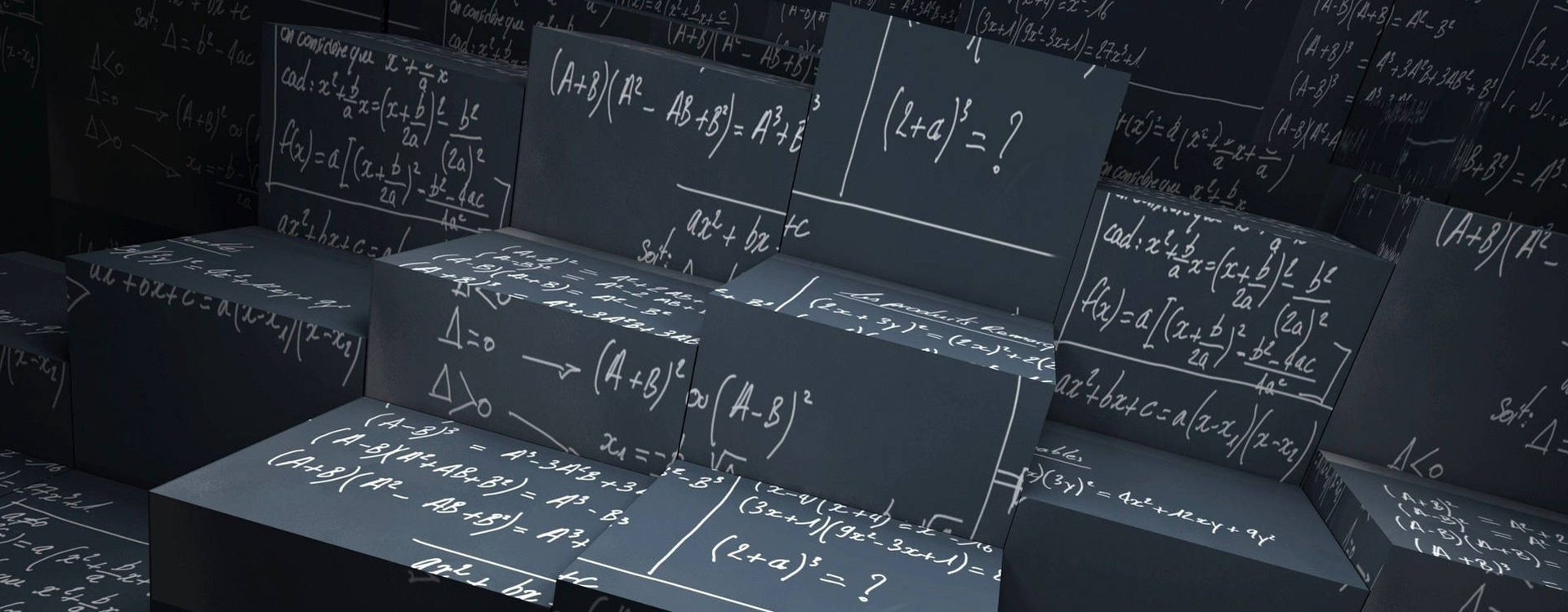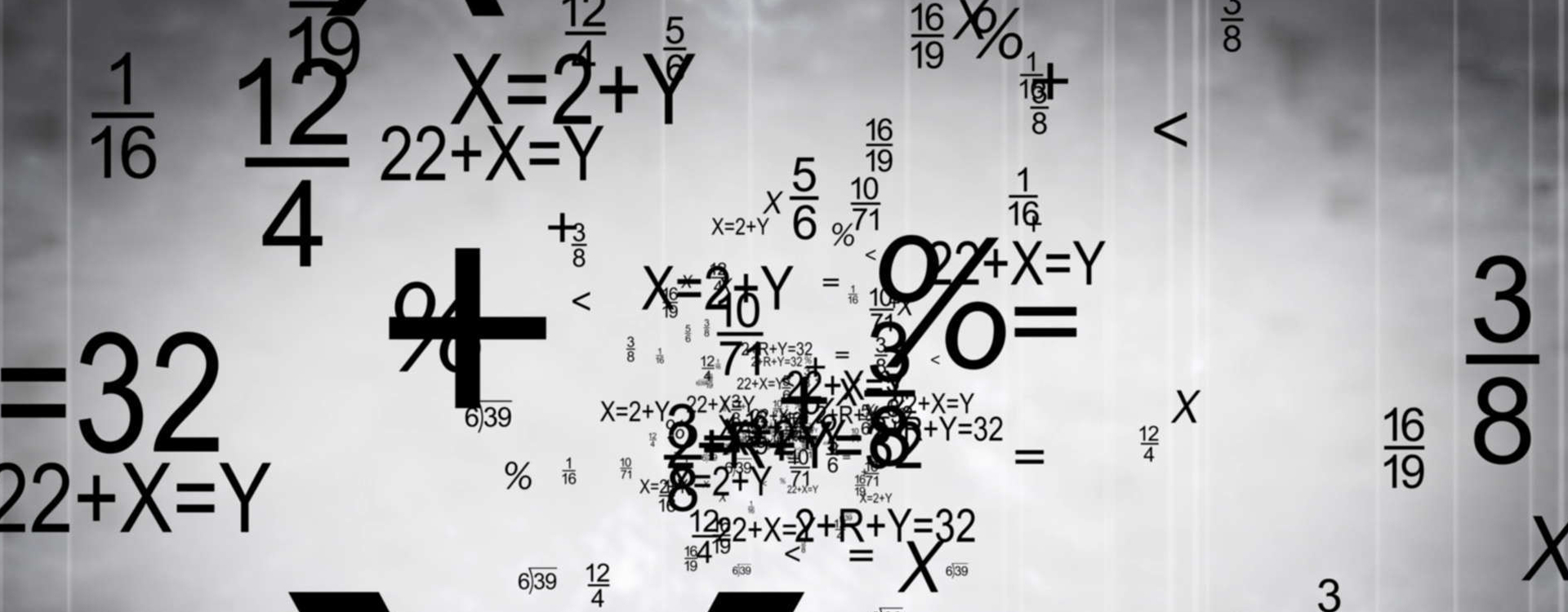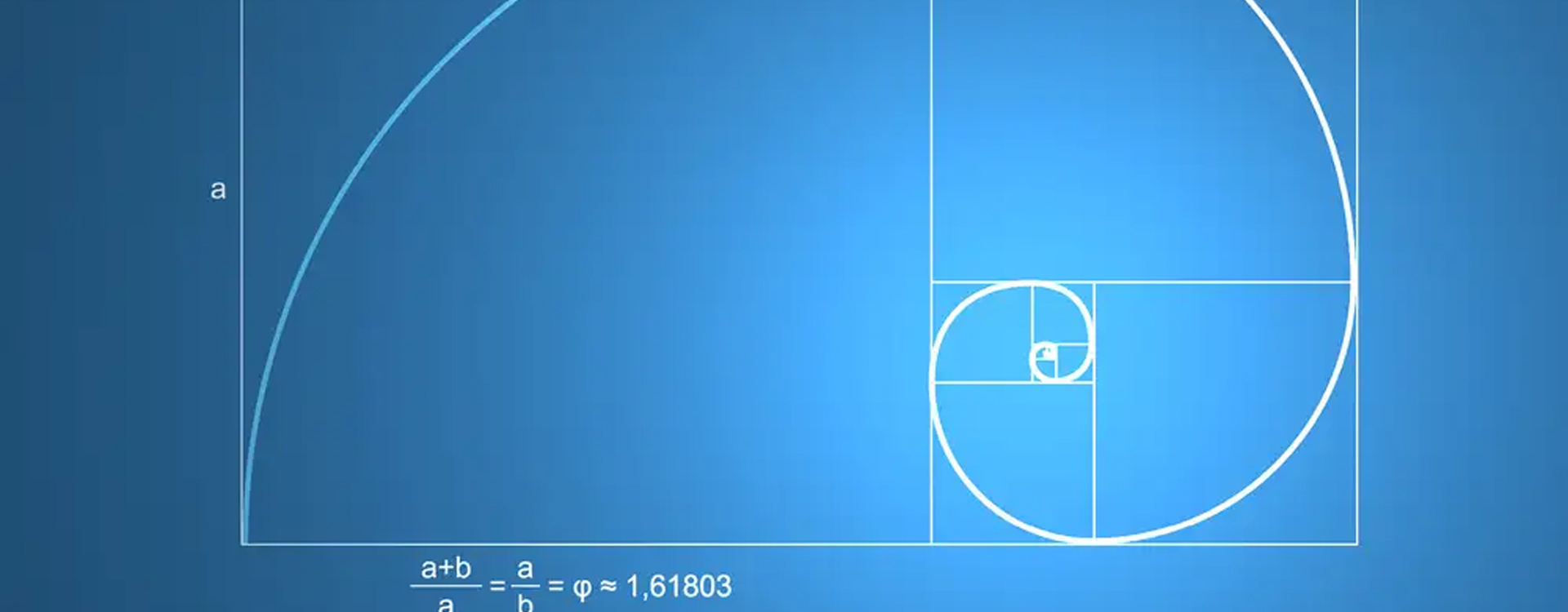Seminar Details
In a natural setting, errors appear in the quantification and computation process we can enclose these errors in intervals. This motivates us to study interval analysis in order to avail ourselves of a reliable platform for computation in an uncertain environment. In this investigation, we have explored different kinds of real and complex interval eigenvalue problems. It may be noted that computing the exact set of eigenvalues for interval matrices is an NP-hard (non-deterministic polynomial-time) problem. We always focus on calculating tighter enclosures of interval eigenvalues for interval eigenvalue problems. In this regard, we have proposed eigenvalue bounds for complex interval matrices based on the Gershgorin disk theorem, which are tighter for smaller-width interval matrices than other non-iterative bounds. Next, we have computed eigenvalue enclosures for the generalized interval eigenvalue problems of complex interval matrices with the condition of strictly diagonally dominant rows. New theories have been developed to enclose eigenvalue clusters for polynomial interval eigenvalue problems involving complex Hermitian interval matrices. Also, inverse interval eigenvalue problems are analyzed for real and complex cases where the inverse and multiplication of interval matrices are involved. A comprehensive literature survey has been done on standard interval eigenvalue problems, which helps us to understand and formulate the problems mentioned earlier. Some applications of interval eigenvalue problems are illustrated in determining the stability of dynamical systems and solving structural problems in an uncertain, although bounded, environment.



